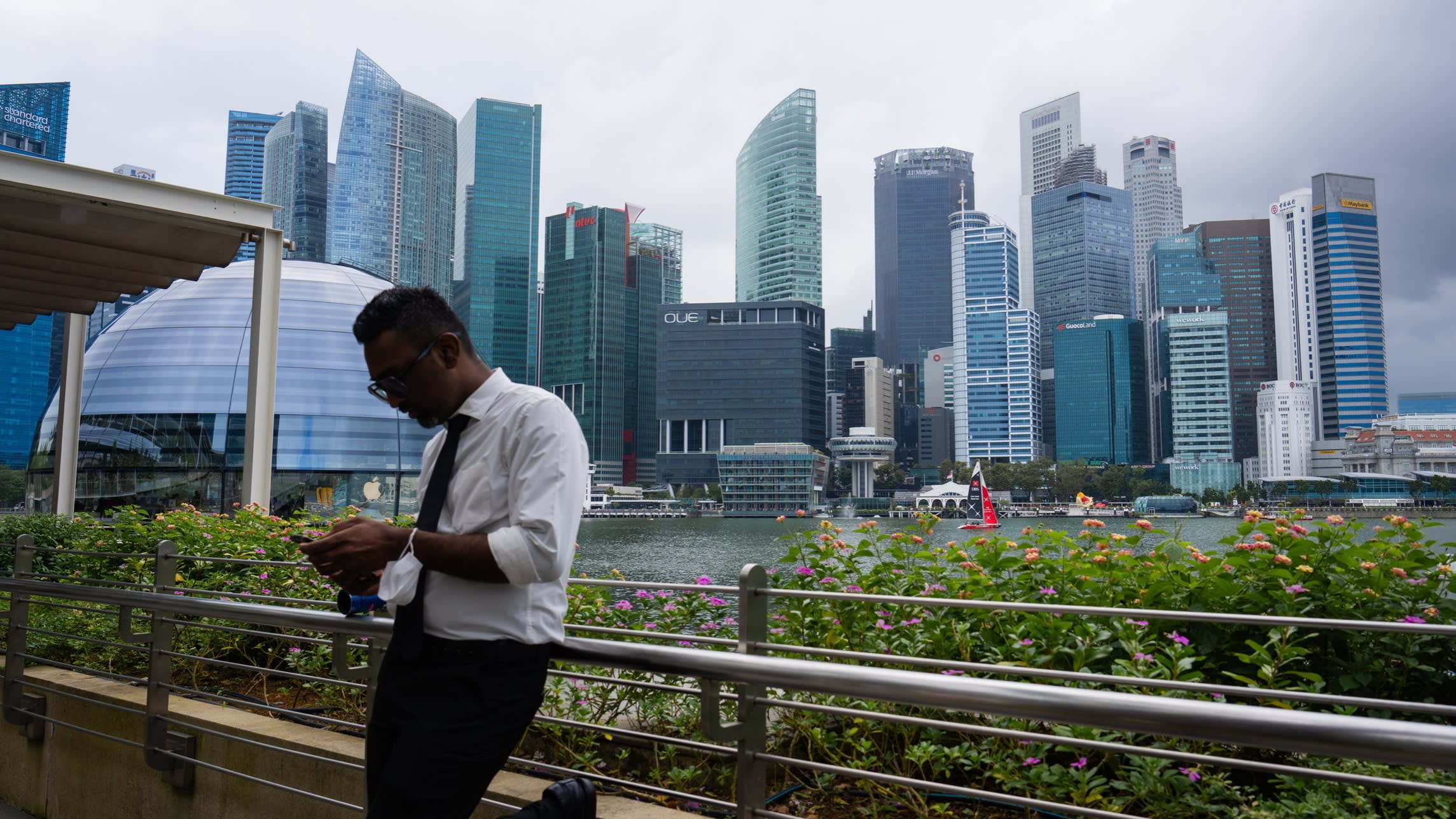Shock Wave in Jakarta: Finance Minister's Abrupt Departure Triggers Market Tremors

In a surprising turn of events, Sri Mulyani Indrawati's departure from her role as Finance Minister has sent ripples through Indonesia's political landscape. Her sudden exit comes at a critical moment when President Prabowo Subianto's populist approach is facing mounting scrutiny, particularly regarding his administration's struggle to effectively tackle the nation's deepening economic disparities.
The past weeks have been marked by growing public discontent, with widespread protests highlighting the stark income inequality that continues to challenge Indonesia's economic stability. Despite promises of transformative policies, the Prabowo administration has yet to demonstrate a comprehensive strategy to bridge the widening economic divide.
Indrawati's resignation adds another layer of complexity to the current political and economic narrative, raising questions about the government's economic direction and its ability to address the pressing socioeconomic challenges facing the country. Her departure signals potential shifts in Indonesia's financial policy and governance, leaving many observers and citizens eager to understand the implications of this unexpected change.








